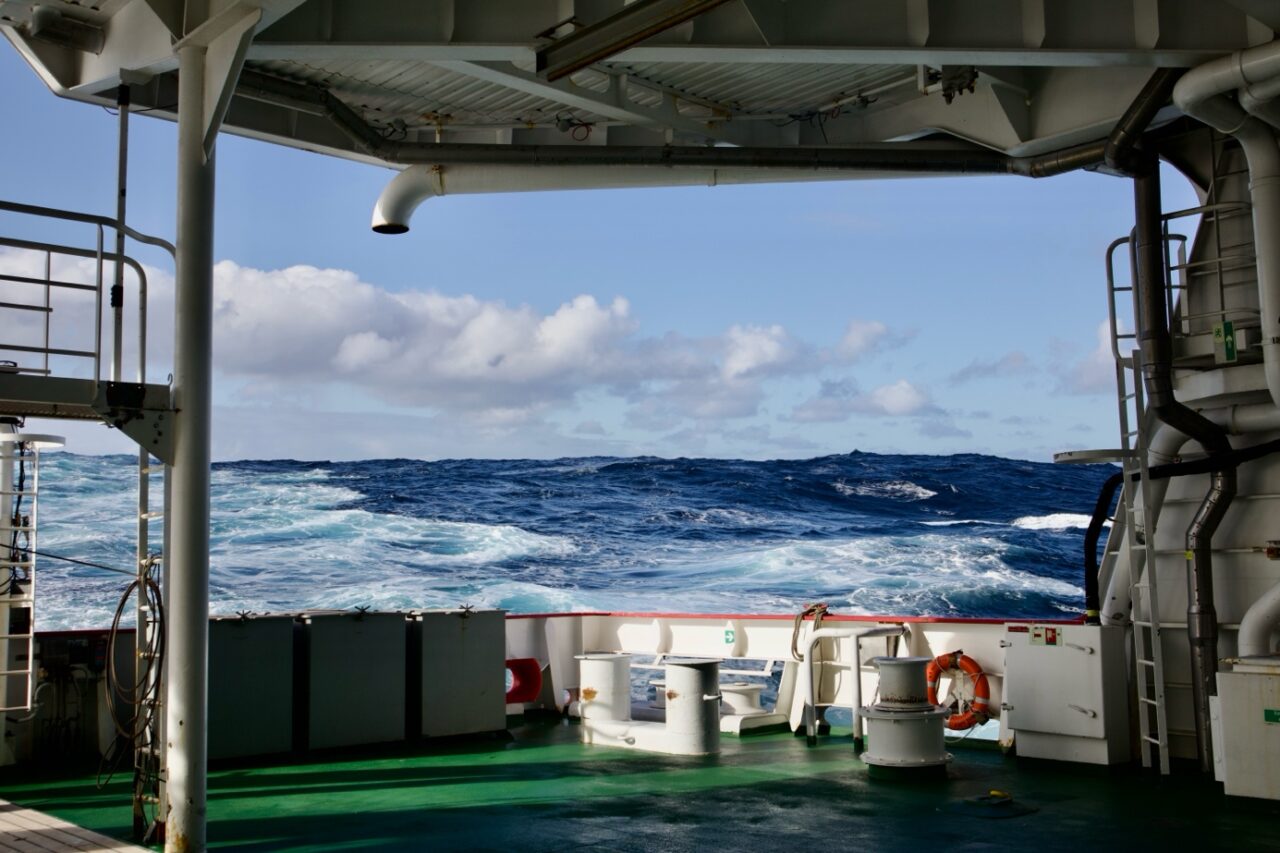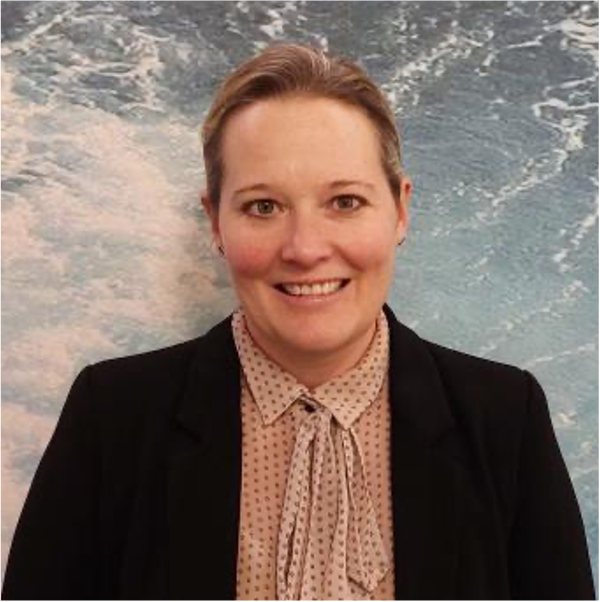Fine-scale processes shape the biogeochemical environment and the marine biome
Fine-scale ocean processes alter nutrient fluxes and budgets, shaping ocean productivity, carbon uptake, and marine ecosystems.
Subtropical ocean productivity is limited by the availability of essential nutrients like nitrogen and phosphorus. In winter, deep mixing supplies nutrients to the sunlit surface layer where they support a brief period of high productivity before strong, temperature-induced stratification sets in, impeding upward mixing of nutrients. It is thought that fine-scale processes augment this seasonal nutrient supply, accounting for 25-30% of the annual nutrient budget, yet fine-scale nutrient fluxes are almost never quantified because they are extremely difficult to observe. Through a novel combination of biogeochemical approaches and physical measurements, we will characterize and quantify the seasonal- and fine-scale nutrient fluxes and investigate the consequences for ocean-atmosphere CO2 exchange, primary production and carbon export, nutrient budgets, and plankton community composition. Results of experiments and discrete samplings conducted during ship-based campaigns will be interpreted in synergy with autonomously-collected data and model outputs. In this way, we will quantify seasonal and fine-scale nutrient fluxes, productivity and carbon export, and marine ecosystem structure and function on a seasonal- to annual timescale. The models will help us to scale up the observations to larger regions and longer time periods.

Central to this project is ship-based sampling of the surface and deep ocean and overlying atmosphere.

